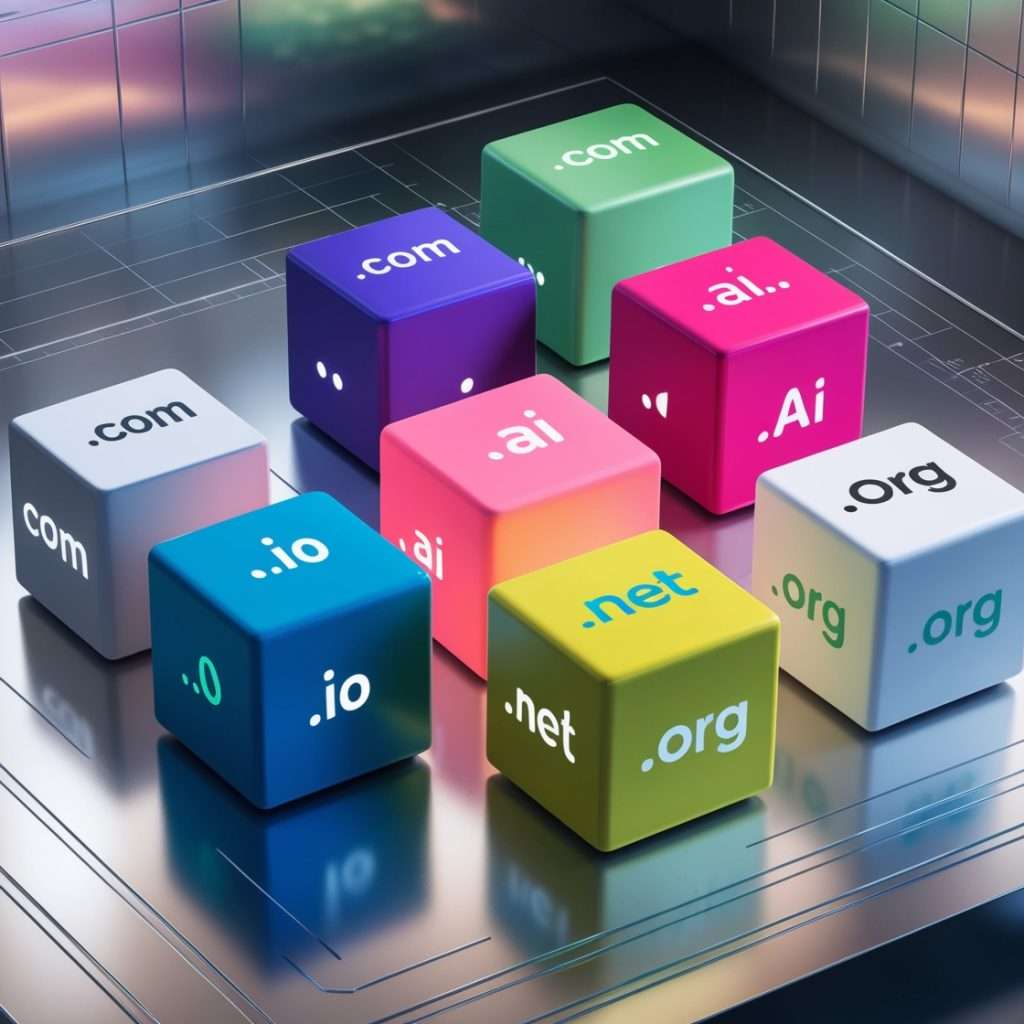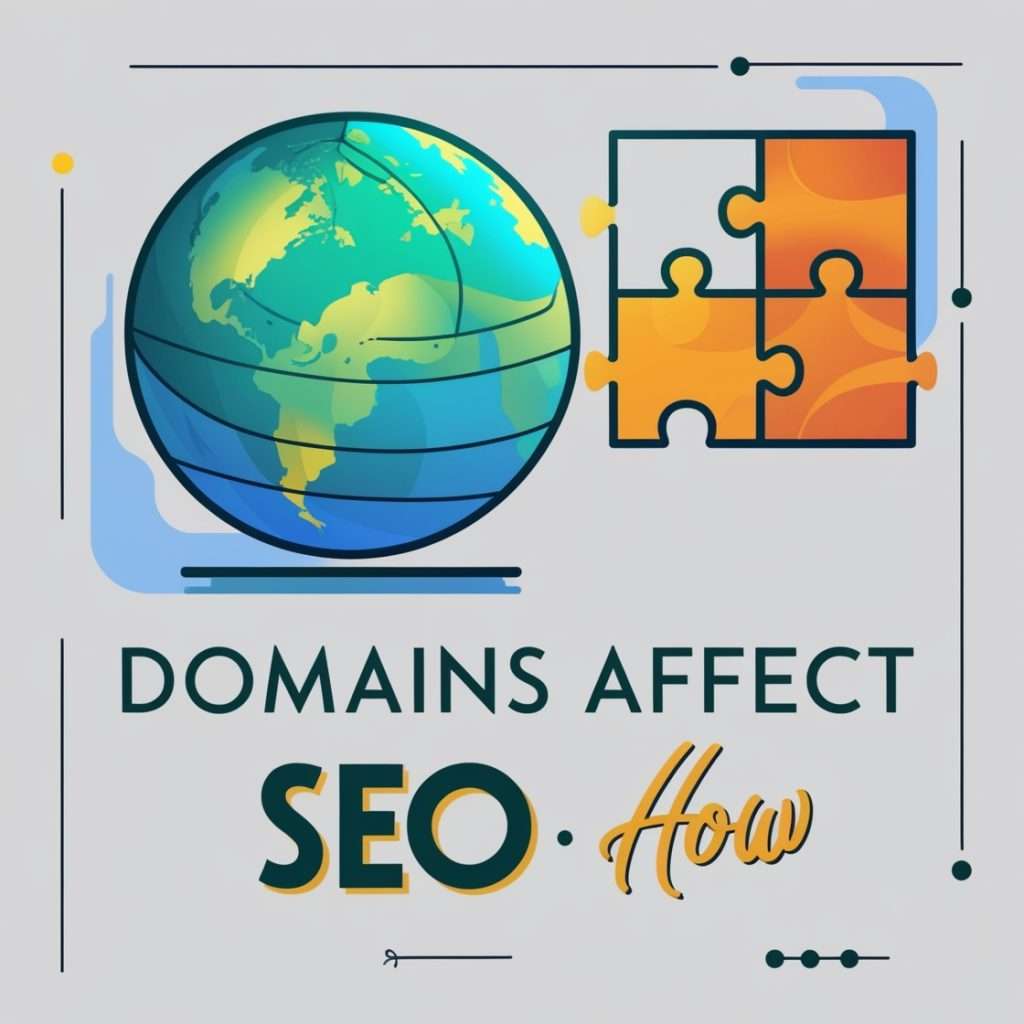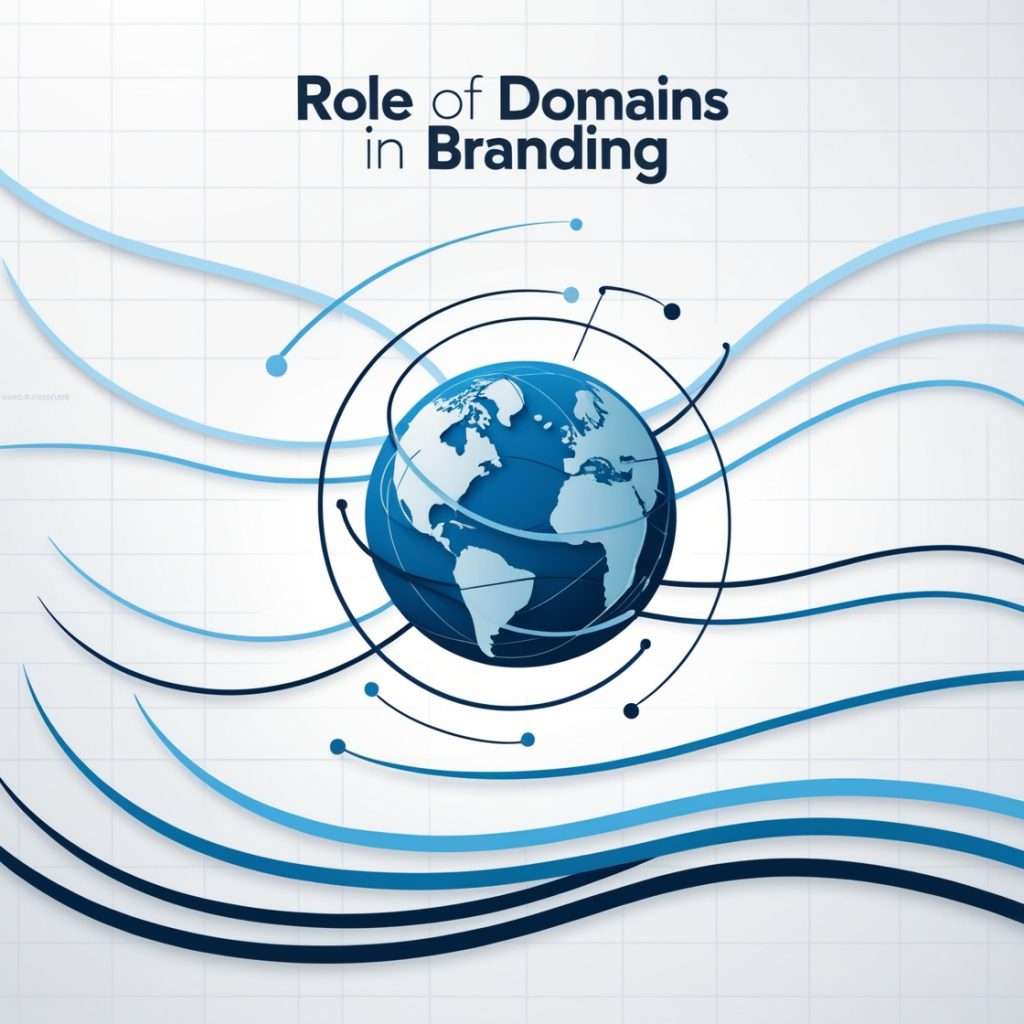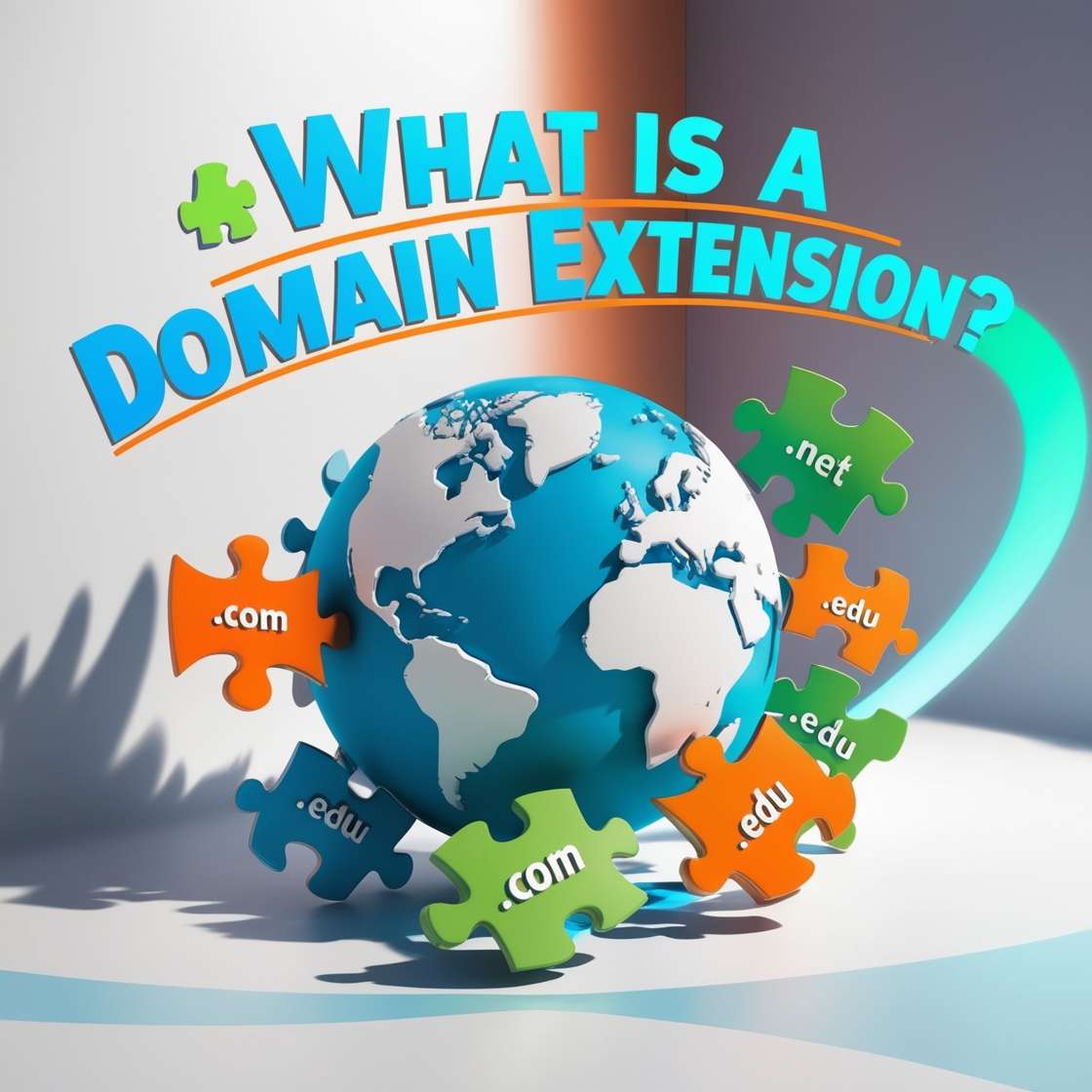Table of Contents
Choosing the right domain extension can feel like deciding on the perfect storefront for your business. It’s not just about the name you pick; the extension you use can make or break your online presence. With so many options available today, it’s essential to understand how different domain extensions affect your brand, your SEO, and your audience’s perception of your business. Let’s break down the steps to make the right choice for your business.
What is a Domain Extension?

A domain extension, also known as a top-level domain (TLD), is the suffix at the end of a web address, like “.com” or “.org”. It’s an integral part of any URL and plays a crucial role in how users and search engines view your website.
Why Your Domain Extension Matters
Your domain extension isn’t just a technical detail; it’s a reflection of your business identity. It influences how people perceive your brand, affects your credibility, and plays a role in your website’s SEO performance. Having a memorable and appropriate extension can improve user trust and help you stand out in a crowded marketplace.
Common Domain Extensions and Their Uses

.com – The King of Domain Extensions
When people think of websites, they usually think of “.com”. It’s the most recognizable and widely used domain extension globally. However, due to its popularity, finding a unique .com can be tricky.
- Pros: Easy to remember, highly trusted, and great for SEO.
- Cons: Highly competitive, and often more expensive.
.org – Ideal for Nonprofits and Communities
Nonprofit organizations and community-driven projects often lean toward “.org”. It conveys trustworthiness and community-focused missions.
- Best suited for: Nonprofit organizations, charities, open-source projects.
- Consideration: While trusted, it may not be the right fit for businesses looking to generate profit.
.net – The Original Choice for Networking Sites
Originally intended for network-based platforms, .net has found broader use among tech companies and services. It’s an excellent alternative if your desired .com domain isn’t available.
- Common use cases: Tech businesses, networking sites, infrastructure services.
- When to choose: If .com isn’t available and you want a professional alternative.
.biz – For Business and Commercial Websites
Though not as popular as .com, .biz is still a strong choice for business websites. It is an alternative for those looking for a shorter and more business-oriented extension.
- Pros: Clear business intentions, often more available than .com.
- Cons: Less recognizable, which can affect credibility.
.edu – The Standard for Educational Institutions
This extension is reserved exclusively for educational institutions like schools, universities, and colleges. It’s highly restricted but ideal for those working in the education sector.
.co – The Rising Star for Startups and Entrepreneurs
Startups and entrepreneurs are increasingly turning to .co as it’s shorter, modern, and has a global appeal. It’s versatile and closely resembles .com, making it a solid alternative.
- Advantages: Easy to remember, modern, and widely available.
- Why it’s gaining popularity: Many successful startups use .co to differentiate themselves while keeping things simple.
Industry-Specific Domain Extensions

In recent years, there’s been a boom in industry-specific domains. If you’re in a niche market, this can help you create a more targeted brand.
- Examples: .tech for technology companies, .store for eCommerce sites, .law for legal services, .design for creatives.
Choosing an industry-specific TLD can help your business stand out and immediately convey what you do.
Geographic Domains
Country-code top-level domains (ccTLDs) like .us, .uk, or .in are great for businesses that operate locally or want to emphasize their regional presence. For example, a local bakery in the UK might choose .uk to appeal to local customers.
How Domains Affect SEO

While Google has stated that domain extensions don’t directly impact rankings, user trust and relevance do. Extensions like .com or .org might carry more trust, influencing click-through rates and user engagement, which can indirectly benefit SEO.
Choosing a Domain Based on Your Target Audience
Consider who your audience is and what they’re most likely to trust. If you’re targeting a global market, .com or .co might be the best choice. But if you’re focusing on a specific region, a ccTLD like .in for India could boost local trust.
The Role of Domains in Branding

Your domain extension should complement your brand identity. If you’re an innovative tech startup, a .tech domain can strengthen your brand positioning. For a local service, a geographic domain like .us could emphasize community focus.
Cost Considerations for Different Domains
The price of domains varies widely. .com domains tend to be more expensive due to high demand, while newer or less popular extensions like .biz or .online may be cheaper. However, consider renewal fees, which can add up over time.
Domain Extension Restrictions
Some domain extensions are restricted, meaning only specific types of organizations can use them. For example, .gov is reserved for government entities, and .edu is for accredited educational institutions.
Should You Consider Buying Multiple Extensions?
To protect your brand, it’s a good idea to purchase multiple domain extensions (e.g., .com, .net, .biz) to prevent competitors from taking them and confusing your audience.
Future Trends in Domain Extensions

With new gTLDs constantly emerging, the domain landscape is evolving. Extensions like .ai (for AI-focused companies) or .app are becoming popular. Keeping an eye on these trends can give you a competitive edge.
Common Mistakes to Avoid When Choosing a Domain
Avoid choosing an extension that doesn’t fit your business type or audience. For example, using .biz for a nonprofit could confuse visitors. Also, neglecting country-specific extensions can limit your local appeal.
Conclusion
Choosing the right domain extension is a critical part of building your online presence. Whether you go with the trusted .com, a region-specific ccTLD, or an industry-focused gTLD, your domains should align with your brand and target audience.
